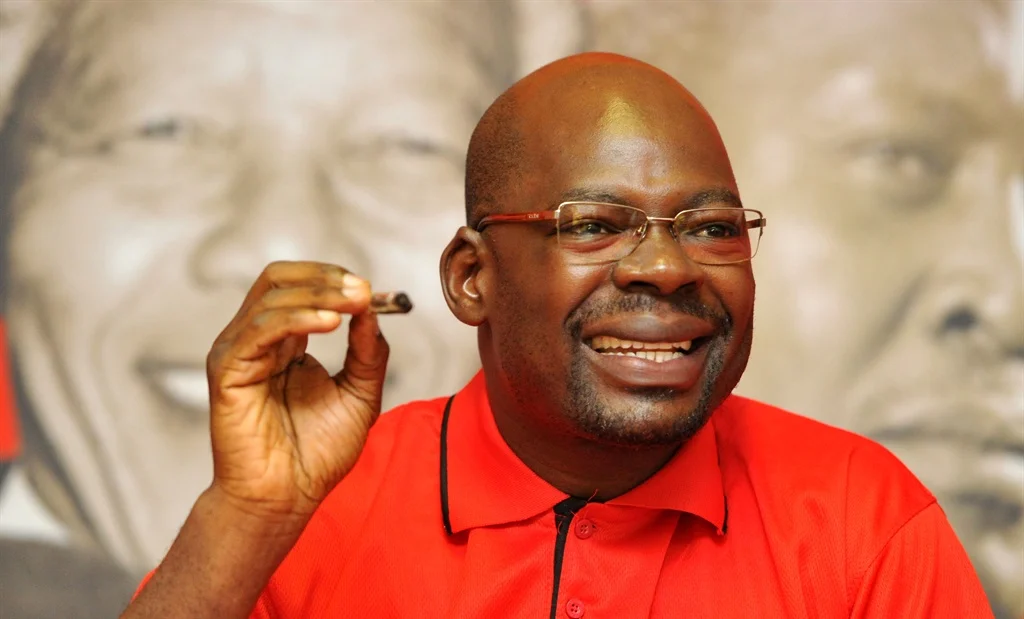Simon Nare
The SACP was initially opposed to the marriage between the ANC and DA to form the government of national unity (GNU) but has now changed its tune and has said it acknowledges the new Cabinet as a consequence and reflection of the 29 May general election.
The SACP said after its Central Executive Committee meeting over the weekend that it has accepted President Cyril Ramaphosa’s 7the administration Cabinet as announced on Sunday.
SACP general secretary Solly Mapaila told a media briefing on Monday that what was important from henceforth was that the ministers as appointed by Ramaphosa should serve the people.
Mapaila said the composition of the Cabinet should serve as a wake up call for the working class to establish its organisational, technical and political capacity to steer the government of the day on which path it should follow and hold the executive accountable.
During talks which went back and forth between the ANC and DA over the allocation of Cabinet positions, Mapaila strongly suggested that going with the DA was a bad move and the voters would have to correct it in the next elections.
But now that the dust has settled, Mapaila said the ANC, an alliance partner, has consulted with them.
“The SACP can also confirm that there were consultations in the Alliance. Like in other cases, consultations did not mean agreement on everything: absolute agreement is perhaps guaranteed only in a graveyard,” Mapaila said.
He said there were positive and negative responses while Ramaphosa engaged political parties that won seats in the National Assembly to form a government.
The positive was that the process allowed more political parties to come on board resulting in even smaller parties being allocated Cabinet positions.
The negative part was that other parties particularly on the left such as EFF and former president Jacob Zuma’s MK Party did not participate.
The EFF on its part refused to be part of a government with the DA and Freedom Front Plus and said it made this clear to the ANC delegation in a meeting between the two parties days before Cabinet announcement.
Mapaila said during the meeting of the committee which is the highest decision making structure in between conferences, the committee reflected on various elements that could have contributed to the ANC’s declining electoral support.
These included the misinformation campaign against the ANC by local and international forces.
“Dominant sections of capital, both domestic and foreign controlled, actively entered the political terrain with the goal of removing the ANC from power by uniting right-wing parties into a single force through a pact or charter,” said Mapaila.
These “popcorn” parties formed part of the “imperialist-backed anti-ANC regime” change agenda.
“For instance, towards our 2024 elections, both the so-called democrats and republicans in the United States of America endorsed a bill in their House of Representatives, through their Foreign Affairs Committee, against the ANC-led South African Government,” he said.
Mapaila said these formations were rejected by the voters as the ANC even though it didn’t score the majority vote got the popular vote.
INSIDE POLITICS



